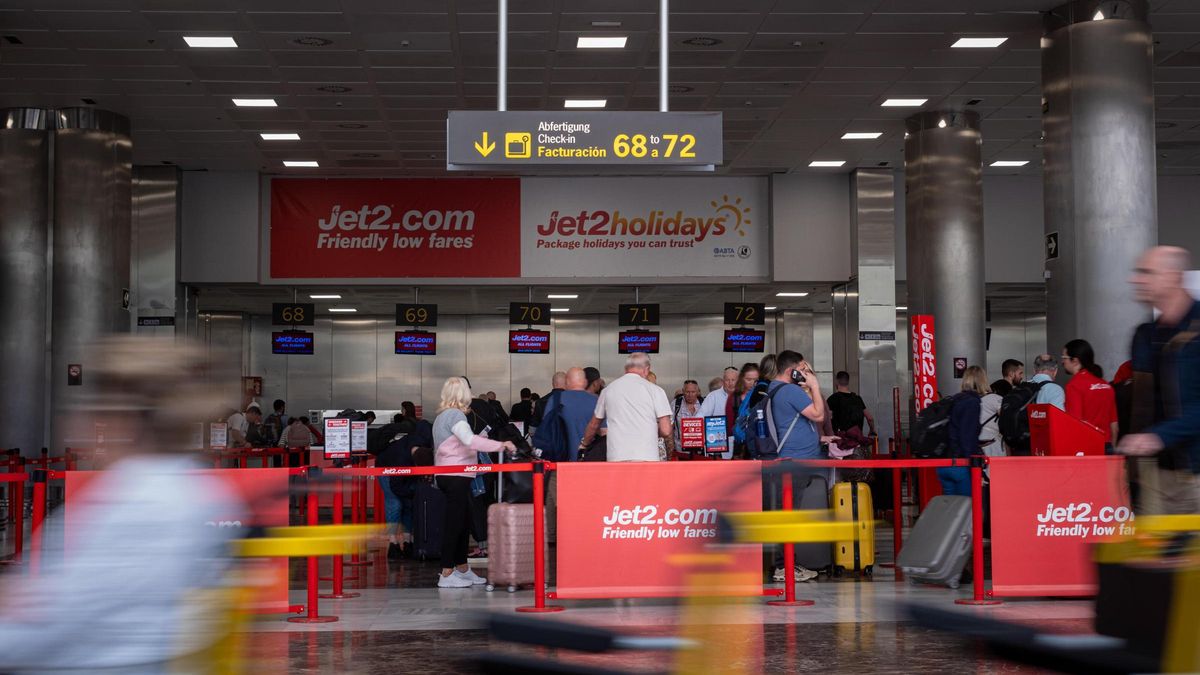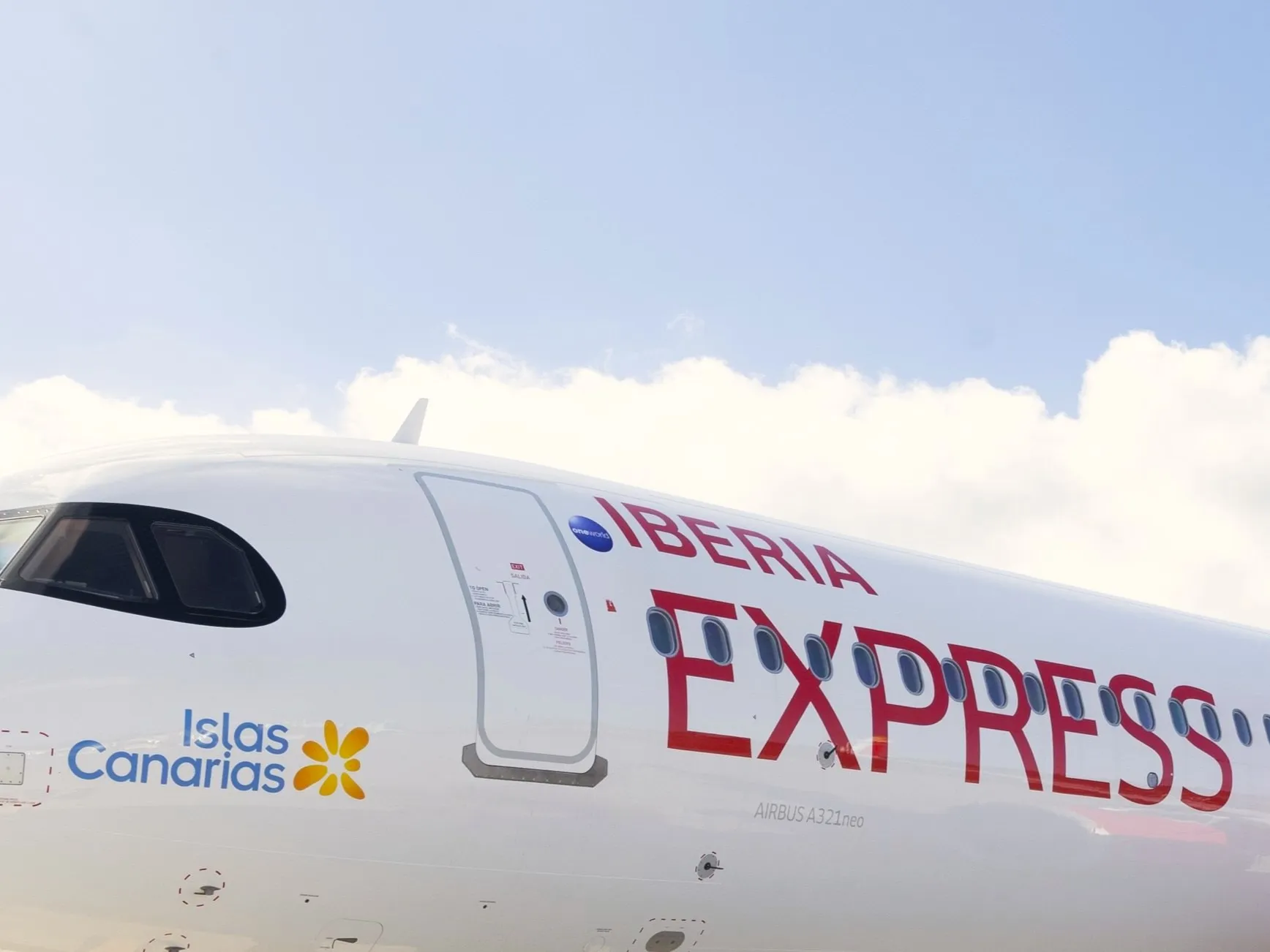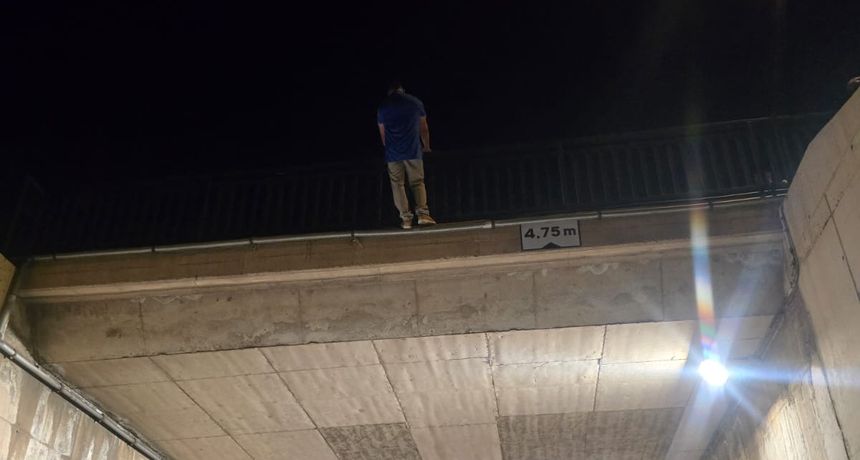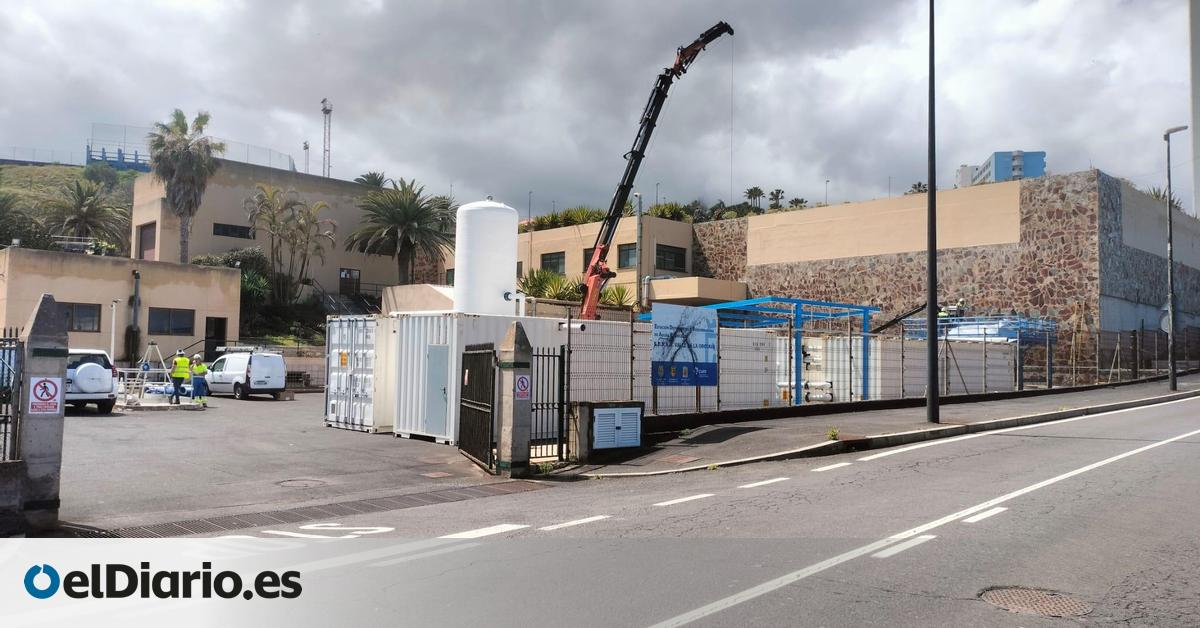Delays at Tenerife Sur Airport Border Post Described as “Isolated Incident”
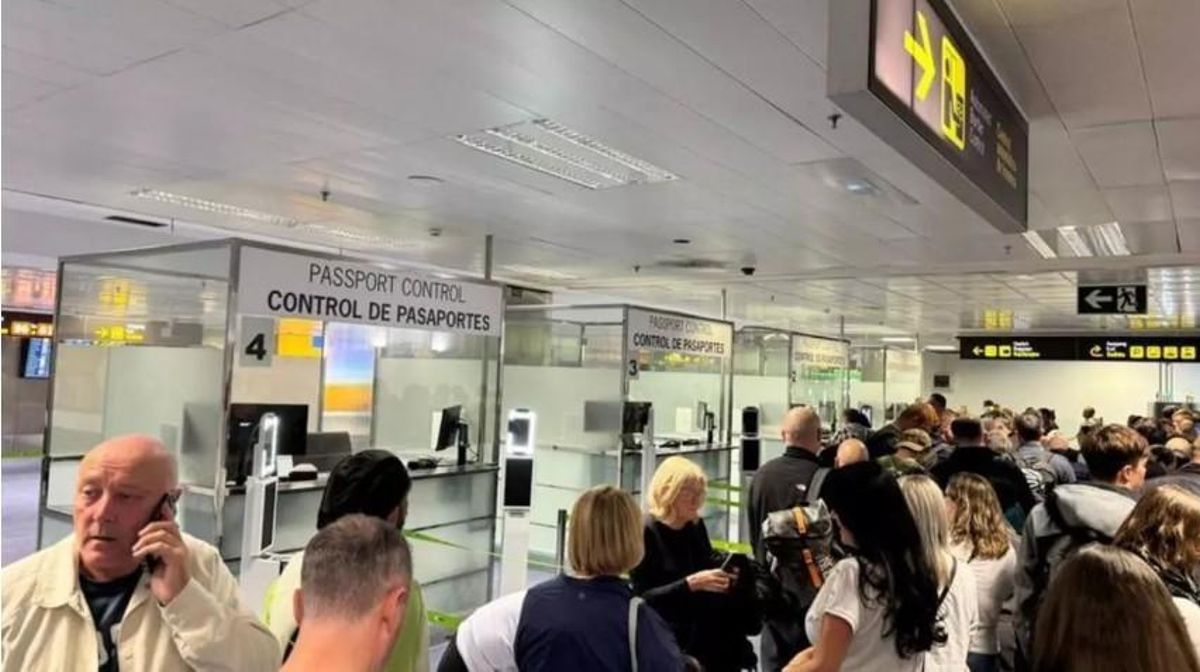
Passengers overwhelm border controls at Tenerife Sur Airport. / El Día
Travel delays at the border post of Tenerife South airport have been described as a “temporary anomaly” attributed to the airlines, according to Minister of the Interior Fernando Grande-Marlaska. During a session in Congress, in response to a question from MP Cristina Valido (CC), he stated that his department is collaborating with Aena and the airlines to prevent such “bottlenecks and collapses”.
Among the measures mentioned by the minister is the increase in both personnel and technical resources, which includes booths for automatic passport control. Grande-Marlaska indicated that the central government will continue to implement improvements, although he did not specify when or by how much. It is worth noting that 32 national police officers were added to the southern Tenerife airport two months ago, and that the available equipment is not functioning.
An Escalating Problem
Cristina Valido pointed out to the minister that the queues at passport controls, “especially at Tenerife South, continue and are not limited to peak season anymore“. She highlighted that in May and June, this issue had been “news in some of the most prominent newspapers in Great Britain”, with headlines referencing “chaos in Tenerife”, “thousands affected” or “inhuman treatment” of families trapped “for nearly two hours at the controls”. The most notable incident occurred on May 28, when over 500 individuals were stranded at the border post due to a shortage of staff and effective technical resources.
The Same Justification
Gómez-Marlaska used the same arguments last December, when in response to a question from the MP of Coalición Canaria, he assured that “staff had been increased” and that discussions were ongoing with Aena to prevent these episodes. “He even told me this was just a temporary issue,” Valido emphasised.
Insufficient Resources
“Even if personnel have been added, they remain insufficient,” the MP noted and highlighted the inaction of Aena, which “sells the slots and decides the arrivals.” Consequently, with the high season approaching in October, she questioned Grande-Marlaska on “what we can expect to see” and “what measures are being taken.” In fact, this insufficiency was acknowledged by the representation of the central government in Canarias during a meeting held on June 11 with the president of the Cabildo, Rosa Dávila; the insular vice president, Lope Afonso; the government delegation; the National Police; and Aena.
A Bit of Care
Valido also urged the central government to show “the same care for the commitments to Canarias as they do for other territories” and referred to the Canary Agenda and the Canary Islands Autonomy Statute to emphasise that it clearly states that the institutions of Canarias have the right to participate in the planning and management of their airports. Valido reminded that “our airports cannot receive the same attention or treatment as any others” and lamented that the State continues “not to understand that Canarian airports cannot be compared to airport infrastructure on the mainland.”
Tourism
The Minister of the Interior explained that the situation in Canarias requires special attention due to the high number of tourists arriving from non-EU countries, necessitating “more significant” passport control. In the case of Tenerife South airport, the overcrowding issue at passport control is largely due to the arrival of British tourists, who are obliged to pass through the border post as they do not belong to the Schengen area since the implementation of Brexit.
In this context, Fernando Gómez-Marlaska stated that tourism is “a substantial and important element for the country’s economic growth,” thus defending that providing “the appropriate service is our priority”. The minister noted that in the first seven months of the year, 55 million tourists have arrived.
Meeting This Month
This month, the first in a series of follow-up meetings on the problem agreed upon by the central government, Cabildo, Aena, and the National Police is set to take place. “This commitment is key to reinforcing coordination and responding collectively to the operational challenges of the airport, especially given we are facing growing demand and a changing regulatory environment,” underscored Tenerife Cabildo president, Rosa Dávila.
The parties are aware that this problem predates the impact of the new European border control regulations, which are set to be deployed in the coming months. These will require all EU airports to adapt their systems and procedures.


